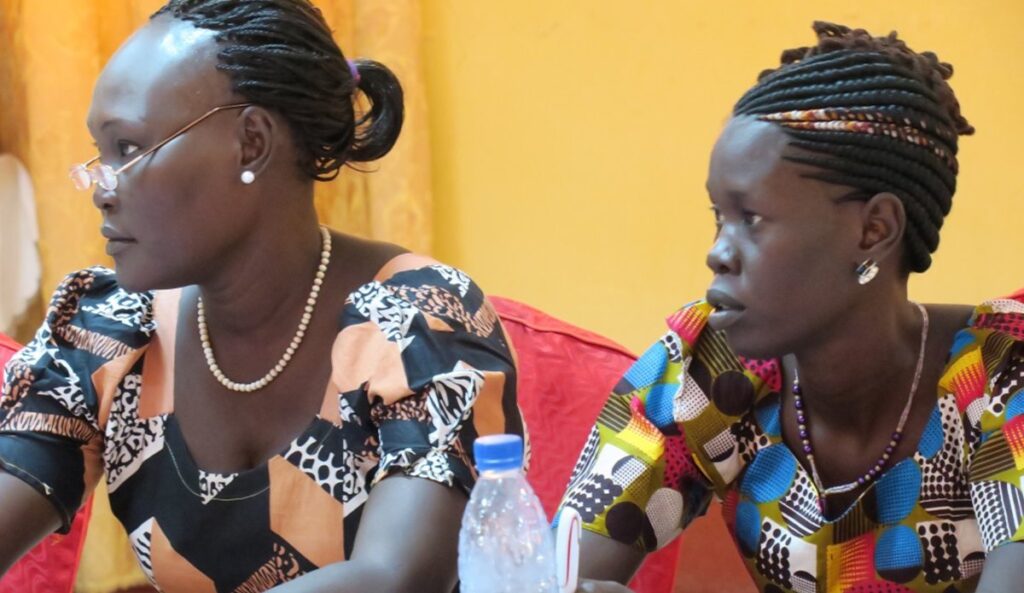Women in Northern Bahr el-Ghazal State experience denial in property ownership and access to equal job opportunities due to cultural barriers and illiteracy effects, Radio Tamazuj has established
According to an assessment, only one out of 10 women may possess a property.
Radio Tamazuj conducted interviews this week with women from different backgrounds in the state, who opened up on the pressing issues around their right to property ownership. Grabbing of women’s assets, deprivation of jobs and business opportunities, were among the issues.
Elizabeth Atong from Aweil Center County confirmed that women experienced many problems when it comes to property ownership. She said men blocked women from owning money, goats and cows.
“Women are experiencing a lot of problems because if women try their best to gather money to purchase goats and cows, the men grab them,” she decried.
“We don’t have opportunities to claim our rights from men. We want them to give us chances to own properties like cows, goats, farm and equal job opportunities. Some women holding academic credentials such as certificates and diplomas were confined at homes by their husbands and are not permitted to obtain jobs.” She added.
In Aweil town, Abuk Baak, said majority of women do not have plots and when evicted by husbands, were left with nowhere to live. She disclosed that many women lived with their families if their husbands chased them away.
“Majority of us (women) don’t own plots and at any time they breakup with their husbands, they are forced to stay with their families because they don’t own homes to enjoy their private life. Only a few women at my level own their own houses,” Baak confirmed.
She also talked about the inability of women to own cars and other properties.
An intellectual, Mary Atong Kuot, revealed that not all men were blocking women’s progress. However admitted that the Dinka cultural barriers lowered the importance of women in society building.
Not all men prohibit their women from owning properties and employment opportunities. There were a few men who allowed their wives to be free according to the Dinka cultural norms,” said Kuot.
Aweil-based activist Maria Amou defended the rights of women, saying that they have the right to possess plots, shops and many other properties.
“I want to make this information to be clear to women, this is a new world and everybody has the right to any property and this means that women have the right to own plots, shops and many more,” she said
The activist criticized men for practicing polygamy, which she described as the main obstacle to women’s development and empowerment, urging the women to embark on small-scale business and process their legal documents to help them get jobs with NGOs and private companies.
The Transitional Constitution of South Sudan 2011’s Bill of Rights Article 28, says: Every person shall have the right to acquire and own property as regulated by law.




